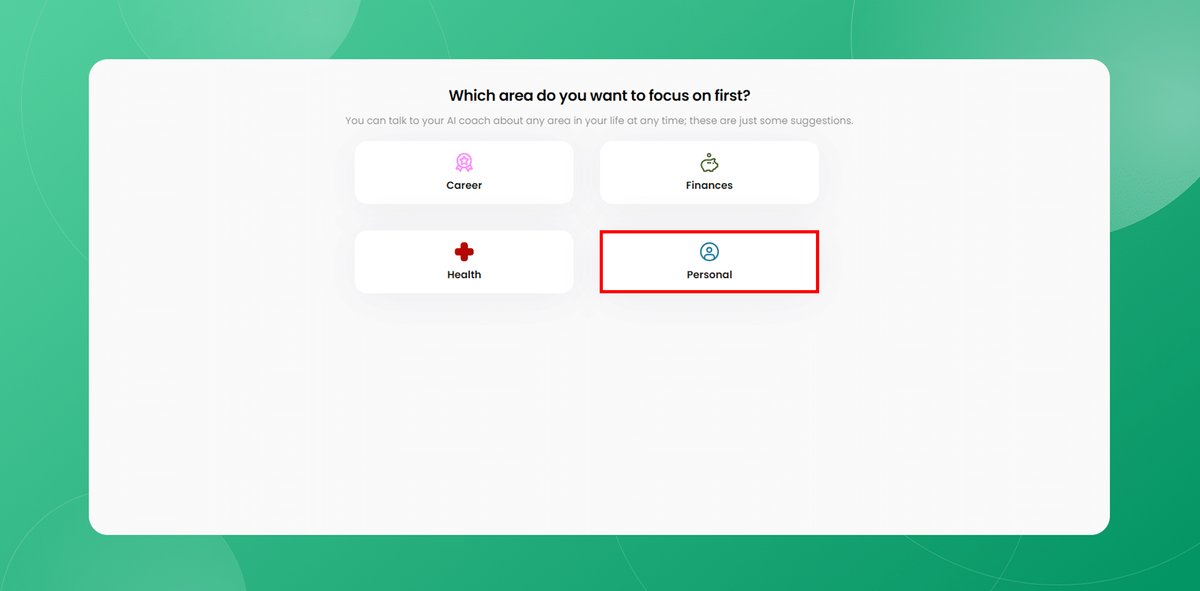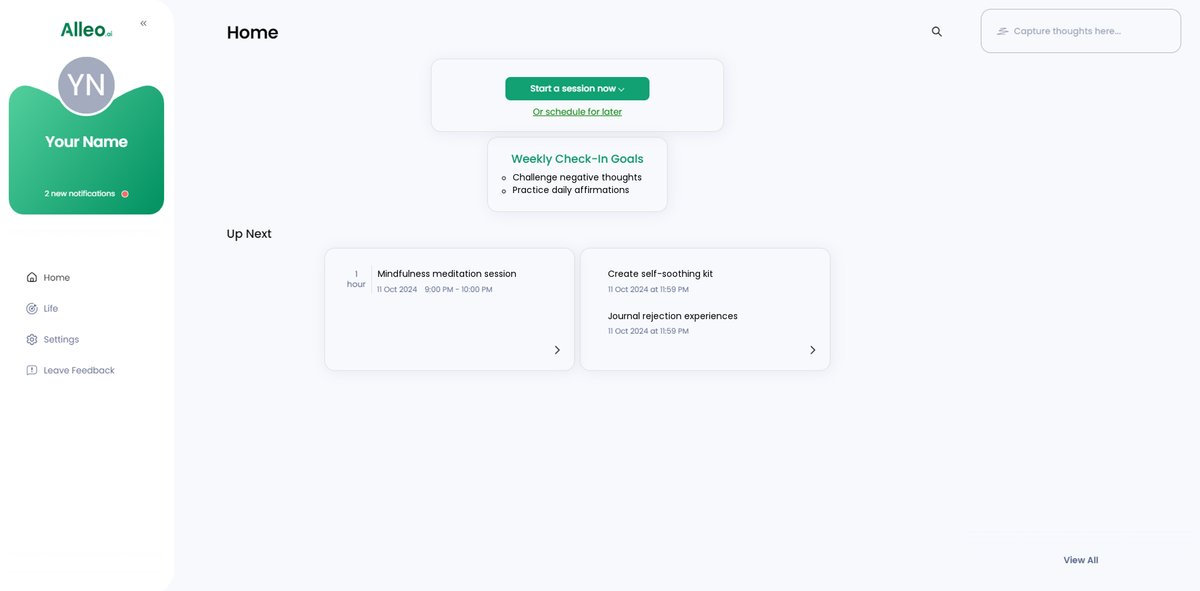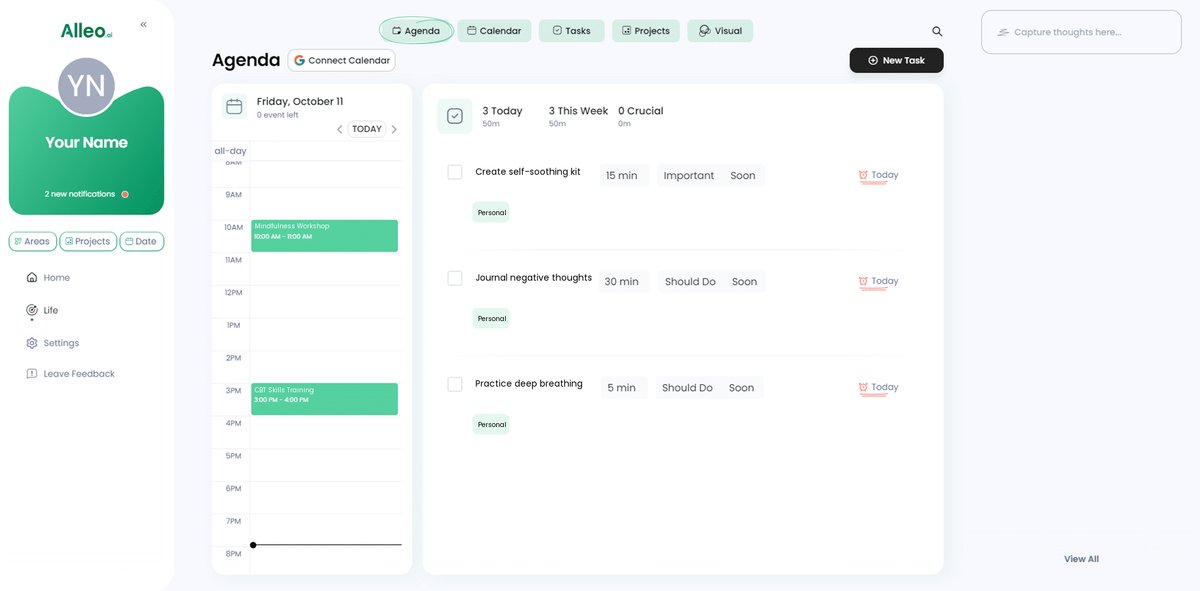How to Stop Taking Rejection Personally: The Ultimate Guide for Sensitive Professionals
Have you ever felt devastated by rejection in a relationship, feeling like it defines your worth and character? This experience is similar to overcoming rejection sensitivity professionally, a challenge many face in their careers.
As a life coach, I’ve helped many professionals navigate these challenges and build resilience in the workplace. In my experience, men often struggle to separate rejection from their identity, which is crucial for developing a growth mindset at work.
In this article, you’ll discover practical strategies to stop taking rejection personally and manage feedback positively. From cognitive reframing to setting personal boundaries, I’ll guide you through proven methods to build resilience and emotional intelligence for career growth. These self-esteem strategies for sensitive employees will help you in overcoming professional rejection.
Let’s dive in and explore coping mechanisms for workplace criticism that can transform how you approach challenges in your professional life.
Understanding the Emotional Toll of Rejection
Facing rejection can feel like a personal attack, making it tough to separate the event from your self-worth. Many clients initially struggle with overcoming rejection sensitivity professionally, leading to feelings of self-doubt and perfectionism.
Too often, rejection triggers a negative spiral, severely impacting mental health and relationships. You might find yourself overthinking interactions, fearing failure, or feeling overwhelmed by continuous setbacks. Building resilience in the workplace becomes crucial for managing these challenges.
This emotional burden can be exhausting.
Rejection’s sting isn’t just about the event; it’s about what it represents. For many men, it’s a challenge to not let it define their identity. Developing a growth mindset at work can help in separating personal worth from professional outcomes.

A Roadmap to Overcoming Rejection Sensitivity
Overcoming rejection sensitivity professionally requires a few key steps. Here are the main areas to focus on to make progress and build resilience in the workplace.
- Practice cognitive reframing for rejection events: Identify and challenge negative thoughts about rejection, developing a growth mindset at work.
- Develop a self-soothing routine for after rejection: Create a self-soothing kit and engage in relaxation activities to manage feedback positively.
- Set personal boundaries to protect emotional well-being: Define and communicate clear boundaries in relationships, enhancing emotional intelligence for career growth.
- Use mindfulness to separate self from rejection: Practice mindfulness meditation to reduce emotional reactivity and separate personal worth from professional outcomes.
- Engage in positive self-talk and affirmations daily: Create and repeat positive affirmations regularly as part of self-esteem strategies for sensitive employees.
- Seek support from a therapist or support group: Join support groups and work with a therapist to develop coping mechanisms for workplace criticism.
Let’s dive in to these strategies for overcoming professional rejection!
1: Practice cognitive reframing for rejection events
Cognitive reframing helps you view rejection as a learning opportunity rather than a personal failure, which is crucial for overcoming rejection sensitivity professionally.
Actionable Steps:
- Identify and challenge negative thoughts: Keep a journal to track negative thoughts and actively reframe them, a key strategy for building resilience in the workplace.
- Reframe rejection as a learning opportunity: Attend a cognitive behavioral therapy (CBT) workshop to acquire practical skills for managing feedback positively.
- Practice gratitude: List three positive aspects of every situation involving rejection, enhancing emotional intelligence for career growth.
Explanation: Cognitive reframing is crucial for changing your perspective on rejection and developing a growth mindset at work.
By challenging negative thoughts and viewing rejection as a chance to grow, you build resilience and improve self-esteem strategies for sensitive employees.
Studies have shown that cognitive reframing can reduce negative emotions and increase resilience (source), which is essential for overcoming professional rejection.
These steps empower you to handle rejection more constructively, paving the way for personal growth and emotional well-being, while separating personal worth from professional outcomes.
2: Develop a self-soothing routine for after rejection
Creating a self-soothing routine is crucial for managing the emotional fallout from rejection and overcoming rejection sensitivity professionally.
Actionable Steps:
- Create a self-soothing kit: Gather items that bring you comfort, like a favorite book or soothing music, to help in coping with workplace criticism.
- Engage in relaxation activities: Practice deep breathing exercises or yoga to alleviate stress and build resilience in the workplace.
- Establish a post-rejection ritual: Write a reflective letter to process your emotions healthily, aiding in managing feedback positively.
Key benefits of a self-soothing routine include:
- Immediate emotional relief
- Prevention of negative thought spirals
- Improved emotional regulation, enhancing emotional intelligence for career growth
Explanation: Developing a self-soothing routine helps you manage emotional distress and maintain mental well-being, essential for overcoming professional rejection.
These steps provide immediate relief and prevent negative thought spirals, supporting self-esteem strategies for sensitive employees.
For more ideas, check out this resource on managing rejection sensitivity in ADHD.
Transitioning to a healthier emotional response after rejection aids in building resilience and improving overall mental health, crucial for developing a growth mindset at work.

3: Set personal boundaries to protect emotional well-being
Setting personal boundaries is essential for maintaining emotional health and preventing burnout when overcoming rejection sensitivity professionally.
Actionable Steps:
- Define clear personal boundaries: Write down your boundaries and communicate them to those around you, helping to build resilience in the workplace.
- Learn to say no: Practice saying no to situations that compromise your emotional well-being, a crucial self-esteem strategy for sensitive employees.
- Track boundary-setting experiences: Use a journal to reflect on and improve your boundary-setting practices, developing a growth mindset at work.
Explanation: Establishing personal boundaries helps you protect your mental well-being and fosters healthier relationships, essential for overcoming professional rejection.
When you clearly communicate your limits, you empower yourself to manage emotional distress effectively, enhancing your emotional intelligence for career growth.
For more insights, check out this resource on building resilience and emotional recovery.
These steps will strengthen your ability to handle rejection and preserve your emotional health, key for overcoming rejection sensitivity professionally.
4: Use mindfulness to separate self from rejection
Using mindfulness can help you prevent rejection from defining your self-worth, which is crucial for overcoming rejection sensitivity professionally.
Actionable Steps:
- Practice mindfulness meditation daily: Dedicate 10 minutes each morning to a guided mindfulness meditation to build resilience in the workplace.
- Engage in mindful breathing during rejection moments: Focus on deep, slow breaths to stay present and calm, enhancing your emotional intelligence for career growth.
- Join mindfulness workshops: Participate in workshops to deepen your understanding and practice of mindfulness, developing coping mechanisms for workplace criticism.
Explanation: Mindfulness helps you stay present and reduces emotional reactivity to rejection, aiding in managing feedback positively.
By regularly practicing mindfulness meditation and breathing exercises, you can strengthen your emotional resilience and develop self-esteem strategies for sensitive employees.
For more information on these techniques, check out this resource on building resilience and emotional recovery.
This approach empowers you to handle rejection constructively, promoting emotional well-being and personal growth, while reframing rejection as opportunity and developing a growth mindset at work.

5: Engage in positive self-talk and affirmations daily
Incorporating positive self-talk and daily affirmations is essential for overcoming rejection sensitivity professionally and building resilience in the workplace.
Actionable Steps:
- Create a list of positive affirmations: Write down affirmations that resonate with you, and repeat them each morning and night to boost your self-esteem and manage feedback positively.
- Replace self-critical thoughts: When you catch yourself being self-critical, immediately counteract with a compassionate and supportive statement, developing a growth mindset at work.
- Celebrate small wins: Acknowledge and reward yourself for small achievements to reinforce a positive self-view and overcome professional rejection.
The power of positive self-talk:
- Boosts self-esteem and confidence
- Reduces stress and anxiety
- Improves overall mental well-being
Explanation: Engaging in positive self-talk and affirmations can significantly boost your self-esteem and help you better manage rejection, enhancing your emotional intelligence for career growth.
Regularly practicing these steps can transform your mindset, fostering resilience and emotional well-being. Studies show that positive affirmations can improve mental health and reduce stress, helping sensitive employees develop coping mechanisms for workplace criticism.
For more insights, check out this resource on emotional recovery and resilience.
By consistently practicing positive self-talk, you empower yourself to handle rejection more effectively and maintain a healthy self-image, separating personal worth from professional outcomes and overcoming rejection sensitivity professionally.

6: Seek support from a therapist or support group
Seeking help from a therapist or support group is crucial for overcoming rejection sensitivity professionally and fostering emotional growth in the workplace.
Actionable Steps:
- Join a support group: Search for local or online groups where you can share experiences and gain insights from others on overcoming professional rejection.
- Work with a therapist: Schedule regular sessions with a therapist to develop personalized coping mechanisms for workplace criticism and address underlying issues.
Benefits of professional support:
- Personalized strategies for coping with rejection sensitivity professionally
- Safe space to process emotions and build resilience in the workplace
- Improved self-awareness and emotional intelligence for career growth
Explanation: Engaging with a support network provides a safe space to discuss feelings and learn from others’ experiences. It also offers professional guidance tailored to your needs, helping you develop a growth mindset at work.
Studies suggest that therapy and support groups can significantly improve mental health and resilience. For more insights, check out this resource on building resilience and emotional recovery.
Consider integrating these steps to create a robust support system, enhancing your ability to handle rejection constructively and manage feedback positively in your professional life.

Transform Your Rejection Sensitivity with Alleo
We’ve explored the challenges of handling rejection, how overcoming rejection sensitivity professionally can benefit your emotional well-being, and the steps to achieve it. Building resilience in the workplace is crucial for career growth.
But did you know you can work directly with Alleo to make this journey of overcoming professional rejection easier and faster? Our approach focuses on developing a growth mindset at work.
Setting up an account with Alleo is simple. First, create a personalized plan tailored to your needs, incorporating self-esteem strategies for sensitive employees.
Then, work with Alleo’s AI coach to overcome specific challenges related to overcoming rejection sensitivity professionally. The coach will follow up on your progress, handle changes, and keep you accountable via text and push notifications, helping you manage feedback positively.
Ready to get started for free and begin reframing rejection as opportunity? Let me show you how!
Step 1: Log In or Create Your Account
To begin your journey towards overcoming rejection sensitivity, log in to your existing Alleo account or create a new one to access personalized support and guidance.

Step 2: Choose “Improving overall well-being and life satisfaction” as your goal
Select “Improving overall well-being and life satisfaction” from the available goals to address your rejection sensitivity and build emotional resilience, aligning with the strategies discussed in the article to enhance your mental health and relationships.

Step 3: Select “Personal” as Your Focus Area
Choose the “Personal” life area to address rejection sensitivity and build emotional resilience, aligning with the strategies discussed in the article for improving self-worth and managing relationships.

Step 4: Starting a coaching session
Begin your journey with Alleo by scheduling an initial intake session, where you’ll discuss your rejection sensitivity challenges and work together to create a personalized plan for building emotional resilience.

Step 5: Viewing and managing goals after the session
After your coaching session on managing rejection sensitivity, you’ll find your personalized goals displayed on the home page of the Alleo app, making it easy to review and track your progress in building emotional resilience.

Step 6: Adding events to your calendar or app
Use Alleo’s calendar and task features to schedule and track your progress in overcoming rejection sensitivity, such as setting reminders for daily affirmations or therapy appointments, helping you stay accountable and measure your emotional growth over time.

Final Thoughts on Building Emotional Resilience
You’ve now explored practical steps to manage rejection sensitivity and improve your emotional well-being in the workplace.
Remember, rejection is not a reflection of your worth, especially when overcoming professional rejection.
By practicing cognitive reframing, setting boundaries, and using mindfulness, you can transform your response to rejection and build resilience in the workplace.
Don’t forget to engage in positive self-talk and seek support when needed, which are crucial self-esteem strategies for sensitive employees.
These strategies will help you build resilience and maintain a healthy self-image, essential for overcoming rejection sensitivity professionally.
Take action today to start your journey toward emotional growth and developing a growth mindset at work.
And, if you need extra support in managing feedback positively, consider trying Alleo for free.
You deserve to feel confident and resilient in the face of rejection, separating personal worth from professional outcomes.